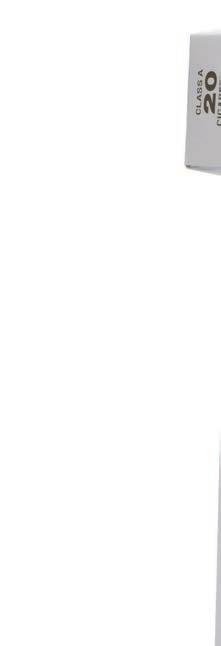
1 minute read
Helping break the cycle of nicotine
spoke-type networks, from the suburbs to downtown, attract people from concentration to concentration in the U.S.
“It generally takes you too long to get all the way to where you need to go,” he said.
He said it’s a real challenge for those living in suburbs trying to get to other suburbs, such as Westminster to Brighton or ornton to Lone Tree.
Most success for RTD has come from connecting Denver, the tech center and Boulder. Each contain services that attract people and virtually guarantee ridership: colleges, hospitals, o ce buildings and commercial centers. ose inter-suburban connections may grow naturally if the suburbs continue to grow, b e ectively becoming hubs themselves, he said. But that does not answer the age-old question: how do we get people to ride transit?
RTD’s largest limitation is hiring employees, Welch said, and another will be funds. Welch said right now, RTD is in a good position with recent money coming from the federal government, such as the Coronavirus Aid, Relief, and Economic Security Act (CARES Act.) In the future, it won’t be so smooth.


at’s because 20% of RTD’s operating budget comes from fares, which is typical for a transportation agency. What’s not typical is the rest comes mostly from the federal government and sales tax – with no revenue coming from the state government.
In 2021, RTD’s total revenue and grants and contributions were $1.17 billion. Of that, about 7% came from operating revenues, about 64% from sales tax and about 26% from grant operating assistance.
RTD’s operating revenues also were cut in half from 2019 to 2021. In 2019, operating revenues came in at $160.9 million but were slashed to $82.5 million in 2020 and reduced again to $83.1 million in 2021.
State Senator Winter said RTD needs a more reliable source of funding moving into the future to continue the boost it received from 2022’s Zero Fare for Better Air days promotion.
“We need to build on that success, continue that success, and make that success permanent,” Winter said.
To receive funding from municipalities and the state, Welch said RTD is working on showing people it’s worth it, with a lot of focus on safety and security.
“How can we be ready for them so that they instantly come back on transit and don’t start driving again?” Welch said.





